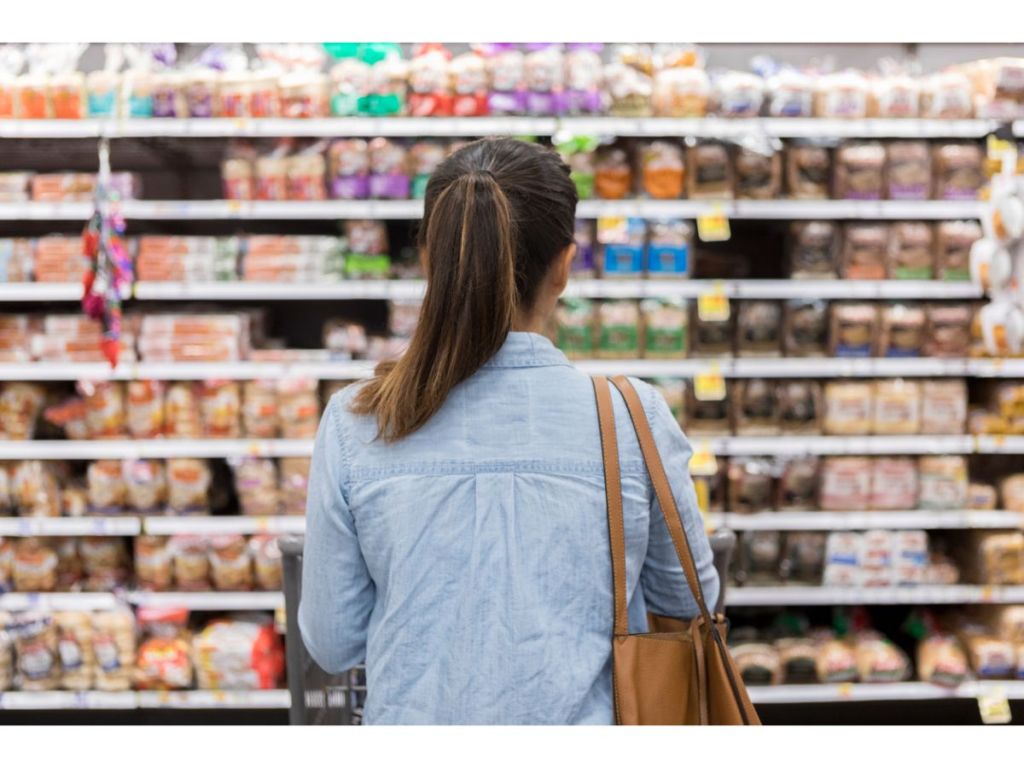A new report ranking close to 22,000 processed and packaged foods in Australia has rated Sanitarium and The a2 Milk Company products among the healthiest.
The FoodSwitch: State of the Food Supply report, produced by The George Institute for Global Health examined the healthiness of Australian packaged foods available for sale last last year. Measuring products against a range of measures, including the Health Star Rating (HSR) system, the Australian Dietary Guidelines (ADG) and the NOVA classification of processed foods, the report provides a snapshot of the ‘healthiness’ of foods.
Compiling data from annual in-store surveys at ALDI, Coles, IGA and Woolworths stores, it includes products from 24 packaged food manufacturers, who combined sell 59% of all packaged foods. As well as 10 beverage manufacturers, who together sell 78% of all soft drinks in Australia. Supermarket own brand products were also included.
Sanitarium, Nudie Foods and The a2 Milk Company were found to have the healthiest products, scoring a mean health rating of 4.2. The a2MC also scored a healthy classification across all its products, followed by Sanitarium at 92.8% and Nudie Foods at 80%. Simplot and McCain rounded out the top five, with HSR scores of 3.8 and 3.7 respectively.
At the other end of the spectrum, Peters Ice Cream, Red Bull, Mondelez, Bundaberg Brewed Drinks and Frucor Suntory made up the bottom five, with 80% of the products for all classified as discretionary or ultra-processed.
The report also looked at the first of the Healthy Food Partnership voluntary reformulation targets for sodium and saturated fat. It found Parmalat, Nestlé, Fonterra Brands and Murray Goulburn Cooperative Company had the highest number of products meeting the targets, with each achieving between 91.7-100%.
Of the major retailers, Woolworths had the highest number of products already meeting the targets (67.4%) while Coles had 56.4% and ALDI 49%. Coles scored best for the number of products meeting saturated fat targets at 75%, followed by Woolworths at 67.6% and ALDI at 49.1%. While Campbell Arnott’s and George Weston Foods were the highest ranked manufacturers with 100% of products meeting the targets.
However the report also found the retailers could be doing more to boost the nutrition of both its own products and those ranged, stating they had a large role to play in improving this.
“Retailers have more power to improve the nutritional quality of foods consumed in Australia than any other industry sector as they can determine the healthiness of their ‘own brand’ product range and can also influence the marketing of branded foods sold in-store,” it stated.
“Moreover, retailers will play an important role in the success of the voluntary reformulation program considering they have the largest number of products affected by the sodium and saturated fat targets.”
The report states less than 10% of Australian adults consume a diet in line with the ADG, and notes that many adults consume half their food and beverage intake from processed or pre-prepared food. It also found packaged food and beverage sales in Australia had grown 3% in 2019.

